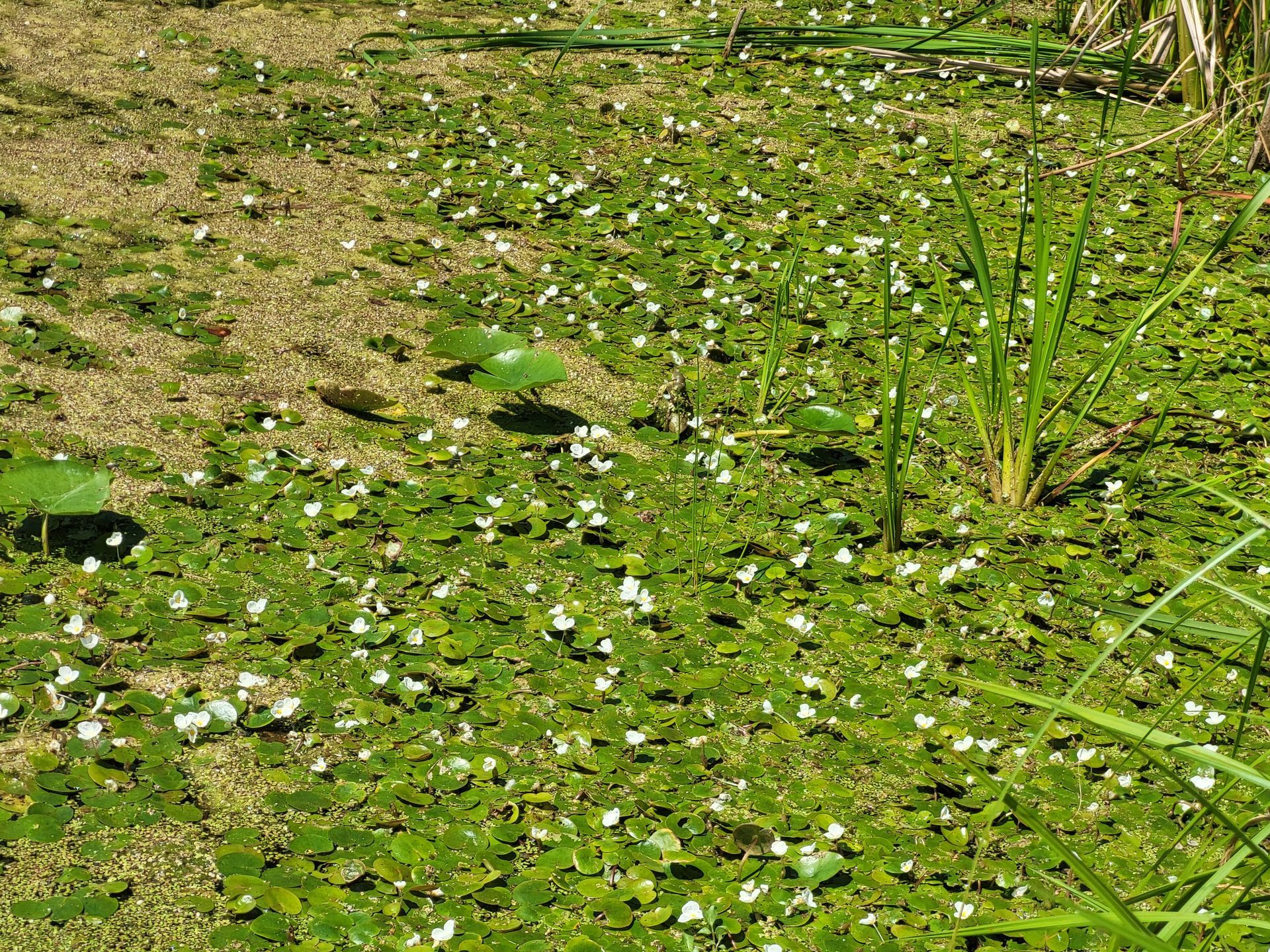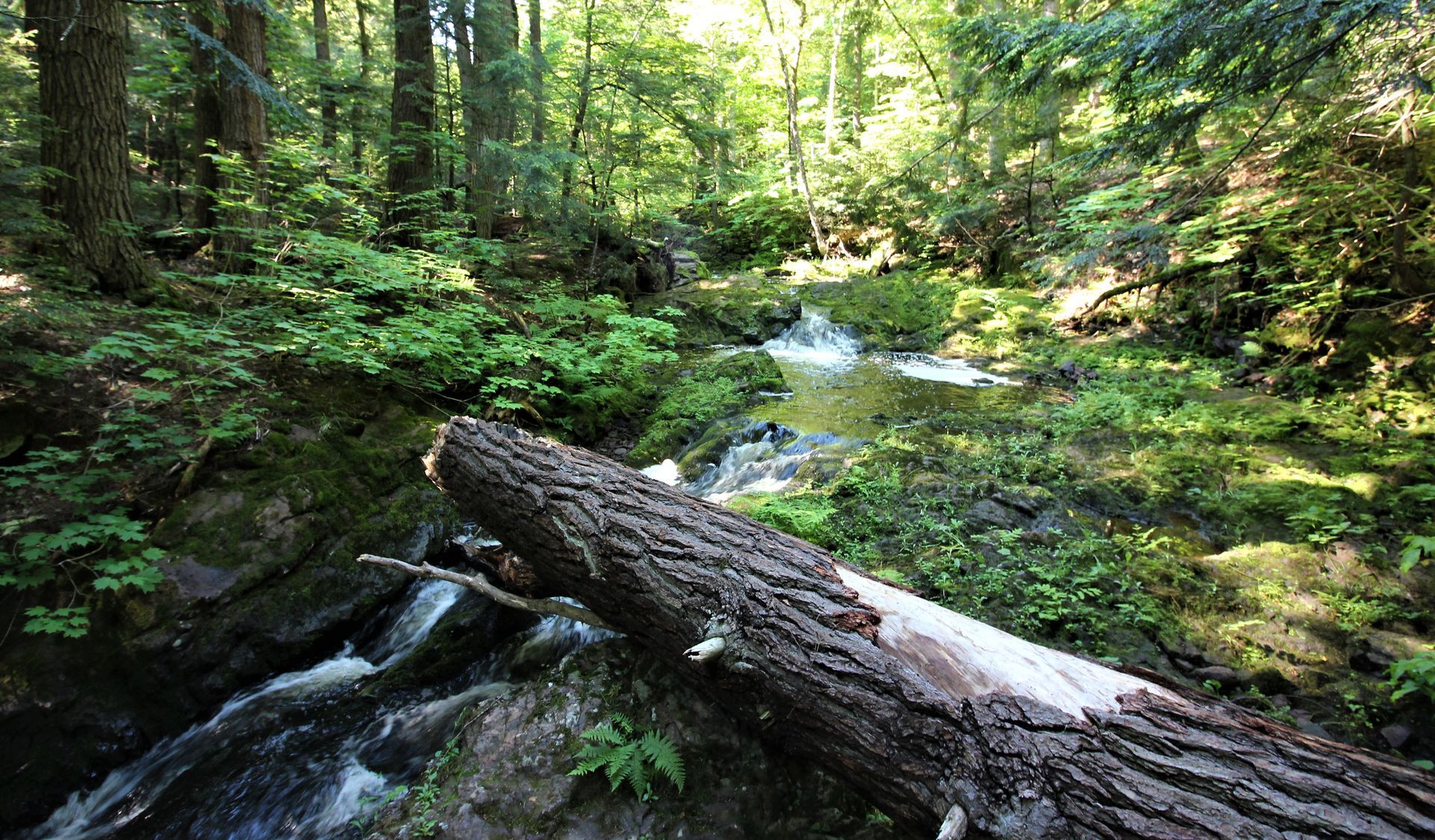August NRC: Fisheries orders presented, director comments on wolf council
The Natural Resources Commission (NRC) met Thursday to hear information on proposed fisheries orders, and the DNR director postponed action on an amended land-use order restricting access under certain conditions from state-managed beaches until September.
Few members of the public were present at the meeting; only three members of the public participated in public comment.
NRC Chair Carol Rose gaveled in the meeting at 9 a.m. and introduced the commission’s new assistant, Su Schrauger. MUCC looks forward to working with Schrauger moving forward and congratulates her on her new position.
DNR Director Daniel Eichinger opened the meeting talking about the August 4 Wolf Management Advisory Council (WMAC) meeting . The director noted robust public comment, the organizational nature of the council’s first meeting and what the public can expect to hear at future meetings.
Eichinger said there will be presentations detailing the minimum wolf population count survey in regards to: how population estimates are generated, what the survey techniques are, and what kind of internal and external validation process the study goes through. He also announced that the next meeting would be September 1 in Northern Lower Michigan.
“There’s going to be a lot of attention on that topic in particular,” Eichinger said, referencing the wolf survey. “We are going to make sure we meet that squarely and head on so that we are unpacking for folks in a public way how we do our surveys, what our surveys are and what they are not. I think it’s important for understanding the role of confidence intervals as well.”
For Information
Fisheries Orders
Before presenting on proposed fisheries orders, DNR Fisheries Chief Jim Dexter explained why a proposal related to the Jordan River was not supported by the department. The proposal would have changed stream type designations and implemented catch-and-release angling in certain reaches.
Friends of the Jordan River brought the proposal forward to the department and has been the proposal’s main advocate in recent years. Dexter noted that the proposal was opposed by the Coldwater Steering Committee, Law Enforcement Division, Inland Waters Guide Alliance and the DNR’s regulatory review committee.
The proposed orders, in whole, can be found here:
- Fisheries Order 200.22: Inland rivers and streams – trout and salmon .
- Fisheries Order 206.21: Special fishing regulations for warmwater species on select waters
- Fisheries Order 219.22: Bow, spear, and crossbow fishing regulations
- Fisheries Order 248.22: Possession limits for fish
- Fisheries Order 252.22: Statewide – lake whitefish, round whitefish, cisco, rainbow smelt and arctic grayling Regulations
Regarding order 219.22, the DNR is proposing that a new category called underwater spearing be added to the fisheries order at the request of the Michigan Spearfishing Association. This would expand harvest species for underwater spearfishing to include lake trout, northern pike and walleye in southern portions of Lake Michigan and Huron, and in Lake Superior waters west of Chocolay River.
All underwater spearfishing anglers would be required to obtain a no-cost spearfishing license, in addition to the regular fishing license, and report harvest monthly. Currently, the DNR and Michigan Spearfishing Association estimate around 150 underwater spearfishing anglers and have said this change won’t have a negative biological impact on the resource.
A five-year evaluation would occur on the number of permittees, harvest numbers and angler effort to see what potential impacts, if any, occur. MUCC feels that there is no negative biological implication should this order pass, but did not weigh in on the details.
CWD Update and Surveillance Strategy
DNR Wildlife Veterinarian Dr. Kelly Straka and Senior Advisor for Wildlife and Public Lands Scott Whitcomb presented on the state of chronic wasting disease in Michigan and what the department’s surveillance strategies will be moving forward.
For Action
Director Eichinger said he intends to sign the State Land Review Recommendations. Land-use order number five, which would restrict access to water from state-managed beaches under certain conditions, was held over until September by the director.
Committee Discussion
Since the onset of COVID-19, the NRC has not held regular committee meetings. Under appointment from NRC Chair Rose, commissioners Baird and Cozad undertook the task of evaluating subcommittees and operations.
Commissioners Baird and Nyberg noted that the commission’s role and legal purview has changed over time. Nyberg said the committees, work groups and task forces add value to the commission’s engagement with the public.
MUCC Executive Director Amy Trotter has attended NRC meetings since 2007. She said committees have often played a valuable role in the past.
“Committees can serve as venues to dive deeper into subjects affecting fish and wildlife that may be beyond just the hunting and fishing regulations before them, including topics like habitat, invasive species, public access and user conflicts,” Trotter said. “They also allow experts outside of the department to provide information related to commission issues.”
The report from Baird and Cozad recommends five possible committee structures moving forward:
- Create three standing subcommittees of the NRC to be adopted: fisheries, wildlife, and policy and governance.
- Establish additional committees of greatest importance.
- Retain the 2019 committee structure.
- Implement ad hoc committees and/or workgroups to supplement the work of the standing committees.
- Perform work as a committee of the whole without the aid of standing committees.
To view the recommendations from commissioners Baird and Cozad, please click here.
The post August NRC: Fisheries orders presented, director comments on wolf council appeared first on Michigan United Conservation Clubs.
Recent Posts



